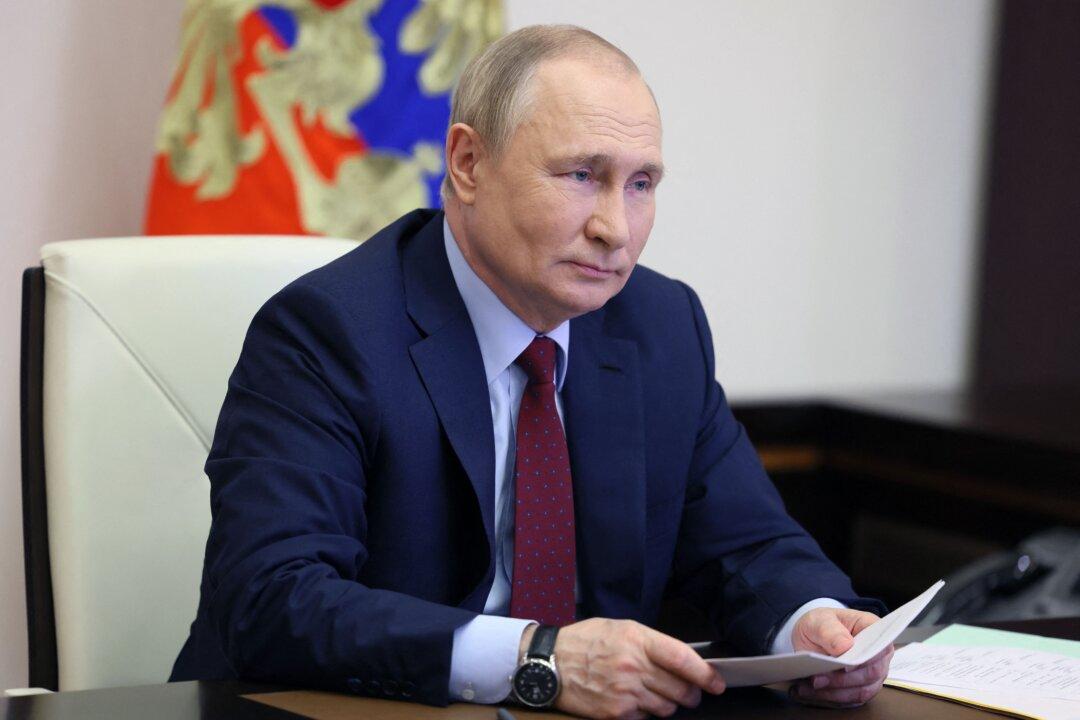Russian President Vladimir Putin said last week that Moscow has “no problem” if Finland and Sweden join NATO, but he warned that the Kremlin would respond in kind if troops and infrastructure would be deployed in the two Nordic countries.
“In regard to Finland and Sweden, we don’t have problems with Finland and Sweden that, unfortunately, we have with Ukraine,” Putin said during a news conference on June 29 in the Turkmenistan capital of Ashgabat after completing talks with regional leaders in the central Asian ex-Soviet state.





